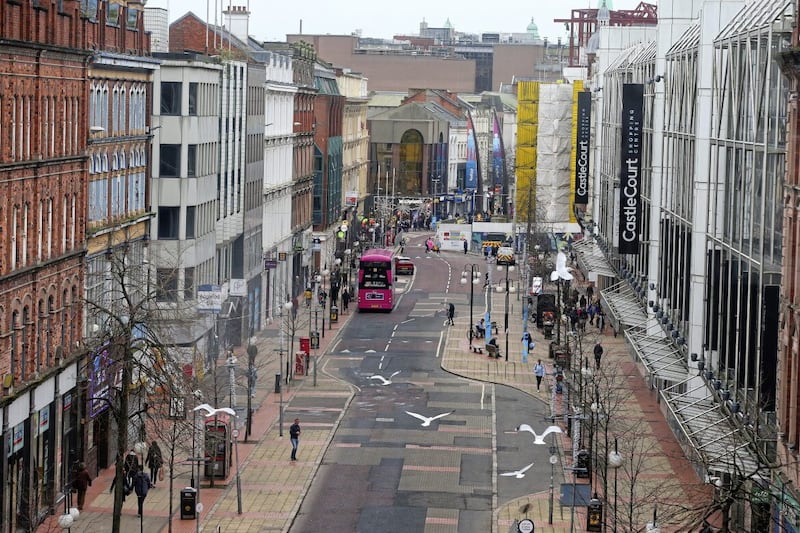IN last week's Budget, which was focused full square on the huge costs of the government’s response to the crisis created by Covid-19 and how we are all going to pay for it in the future, lots of announcements got far less attention than they deserved, with one such example being the Chancellor’s decision to award freeport status to eight locations across England.
This followed on from a consultation undertaken by the government last year where, as part of its post-Brexit economic vision and levelling up agenda, they stated their desire to create up to 10 freeports across the UK which would benefit from various tax and customs benefits as well as planning freedoms and funding for regeneration, infrastructure and innovation in an attempt to establish them as new hubs for global trade and investment.
Whilst the likes of Liverpool, Teeside and the Humber are now proceeding full steam ahead with their plans to establish freeports, Northern Ireland is, as is now almost customary, slower out of the blocks.
The Chancellor did at least state that discussions would be ongoing with the devolved administrations to establish freeports in Scotland, Wales and Northern Ireland. Our Executive now need to seize this opportunity with both hands.
The case for a freeport in Belfast is strong. Rishi Sunak has said that the purpose of freeports is “to drive forward investment and regeneration in some of the most deprived areas in the UK”.
Our region’s persistently poor performance in terms of economic output as well as relative poverty, long term unemployment and economic inactivity needs no rehearsing here. What is worth restating is that all previous attempts to seriously address these structural weaknesses in our society and economy have failed and, with the UK corporation tax rate now looking potentially less competitive, the Stormont cupboard containing big game-changing economic interventions looks pretty bare.
The economic benefits of incentives like a deferral of duty, stamp duty land tax relief, competitive R&D tax rates and a 0 per cent rate of employer national insurance contributions are clear and could be enhanced further if business rates within the freeport were also eliminated.
Creating jobs is the key advantage both economically and socially, with construction consultancy Mace Group estimating that freeports could help create 150,000 new jobs and contribute an additional £9 billion annually to the UK economy. As we look to rebuild and recover post-pandemic, those are benefits we can’t easily ignore.
Some will say that freeports only displace economic activity. Others might suggest that the NI Protocol prevents us from availing of some of the fiscal incentives. But falling at the first freeport hurdle would be a travesty and a massive missed opportunity. Delaying whilst competitor cities in England begin to reap the benefits of their freeports will be very bad news for Belfast.
A bespoke freeport for Belfast that accentuates the innovation and regeneration aspects of the government’s proposals should be our pursuit, as outlined in Belfast’s consultation response to the UK Government last July.
Belfast has big ambitions. The Belfast Agenda sets out the extent of the city’s vision for the future with targets to create 46,000 additional jobs, have 66,000 additional people living in Belfast and achieve a 33 per cent reduction in life expectancy gap between the most and least deprived communities by 2035. At the core of that strategy is building an innovative economy, centred on an Innovation District, much of which will be located in and around our port, and Belfast City Council, Belfast Harbour, Queen’s and Ulster universities and Catalyst Inc have come together to form an Innovation Partnership to help steer the city towards that better future.
Belfast has done brilliantly in becoming a ‘Tech City’ which is now home to world class fintech and cyber-security clusters and we have abundant potential in health and green technology. Plans are in place for the biggest rejuvenation in our city since Victorian times. Belfast can become the innovative, regenerated city that we have all dreamed of and grow into something special that truly transforms Belfast into a post-Troubles, post-industrial decline city.
A freeport, with inclusive growth and innovation at its heart, can catalyse the kind of economic, social and urban renewal that Belfast and the wider region it serves so badly needs. Let’s not allow this opportunity to pass us by.
:: Simon Hamilton is chief executive of Belfast Chamber of Commerce








